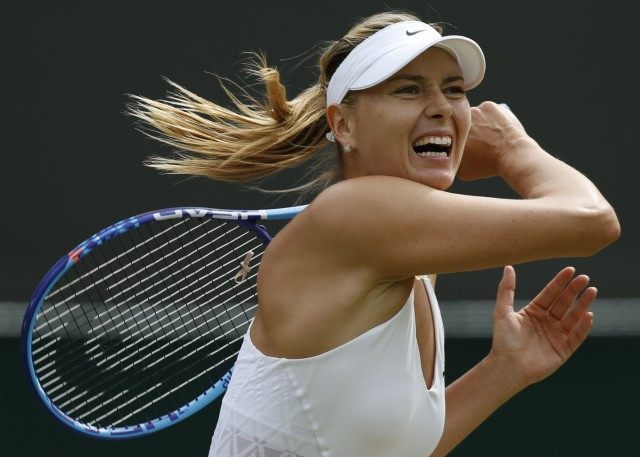The Court for Arbitration in Sport reduced Maria Sharapova’s two-year suspension from tennis on Tuesday. The Russian star now returns to play in April of 2017 instead of early 2018.
The fifteen-month ban allows her to return for the 2017 French Open. The punishment exiled her from the court for the Olympics, the French Open, Wimbledon, and the U.S. Open in 2016. She stands to miss the 2017 Australian Open.
Sharapova reacted to the reduced penalty on social media:
I’ve gone from one of the toughest days of my career last March when I learned about my suspension to now, one of my happiest days, as I found out I can return to tennis in April.
In so many ways, I feel like something I love was taken away from me and it will feel really good to have it back. Tennis is my passion and I have missed it. I am counting the days until I can return to the court.
I have learned from this, and I hope the ITF has as well. CAS concluded that “the Panel has determined it does not agree with many of the conclusions of the [ITF] Tribunal…”
I have taken responsibility from the very beginning for not knowing that the over-the-counter supplement I had been taking for the last ten years was no longer allowed. But I also learned how much better other Federations were at notifying their athletes of the rule change, especially in Eastern Europe where Mildronate is commonly taken by millions of people.
Now that this process is over, I hope the ITF and other relevant tennis anti-doping authorities will study what these other Federations did, so that no other tennis player will have to go through what I went through.
And to my fans, I thank you so much for living and breathing so many of these tough months together. During this time, I have learned the true meaning of a fan and I am so fortunate to have had your support.
I’m coming back soon and I can’t wait!
Sharapova tested positive in January for a drug placed on the prohibited list in January. The Court for Arbitration in Sport took this into consideration in ruling that it could not consider the career Grand Slam-winner an “intentional” doper in any sense.
“The player’s case is that she did not know that the active ingredient of Mildronate [a marketed form of meldonium], a medication which she had regularly been using for over 10 years, had been added to the Prohibited List from 1 January 2016 and she did not intentionally contravene the anti-doping rules in using Mildronate at the Australian Open,” this spring’s International Tennis Federation decision read. “The ITF accepts that she did not know that Mildronate contained a Prohibited Substance but argues that in taking the medication she knowingly and manifestly disregarded the risk of contravening the anti-doping rules, and thus committed an intentional violation.”
The Court for Arbitration in Sport seconded these facts but disputed the finding based on them.

COMMENTS
Please let us know if you're having issues with commenting.